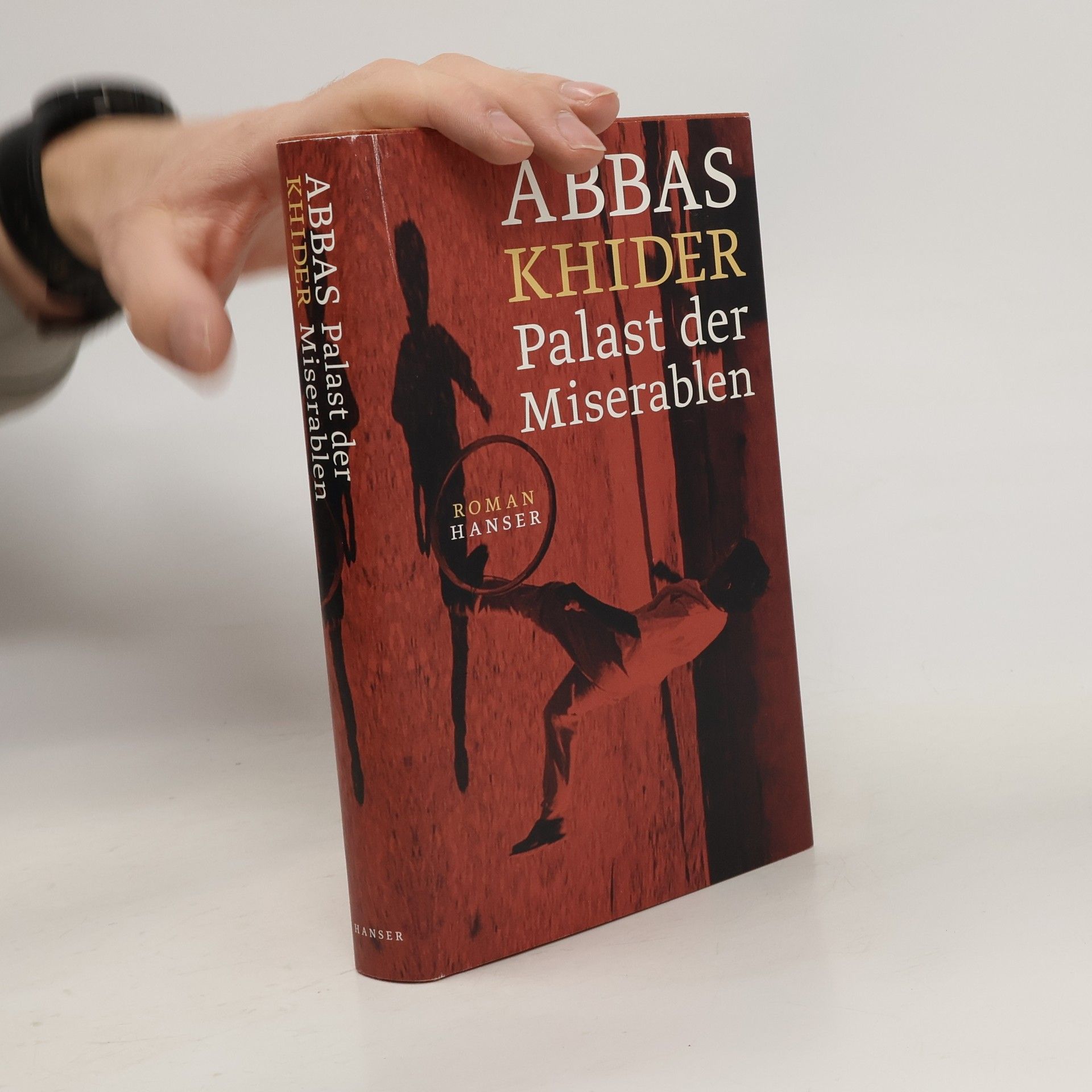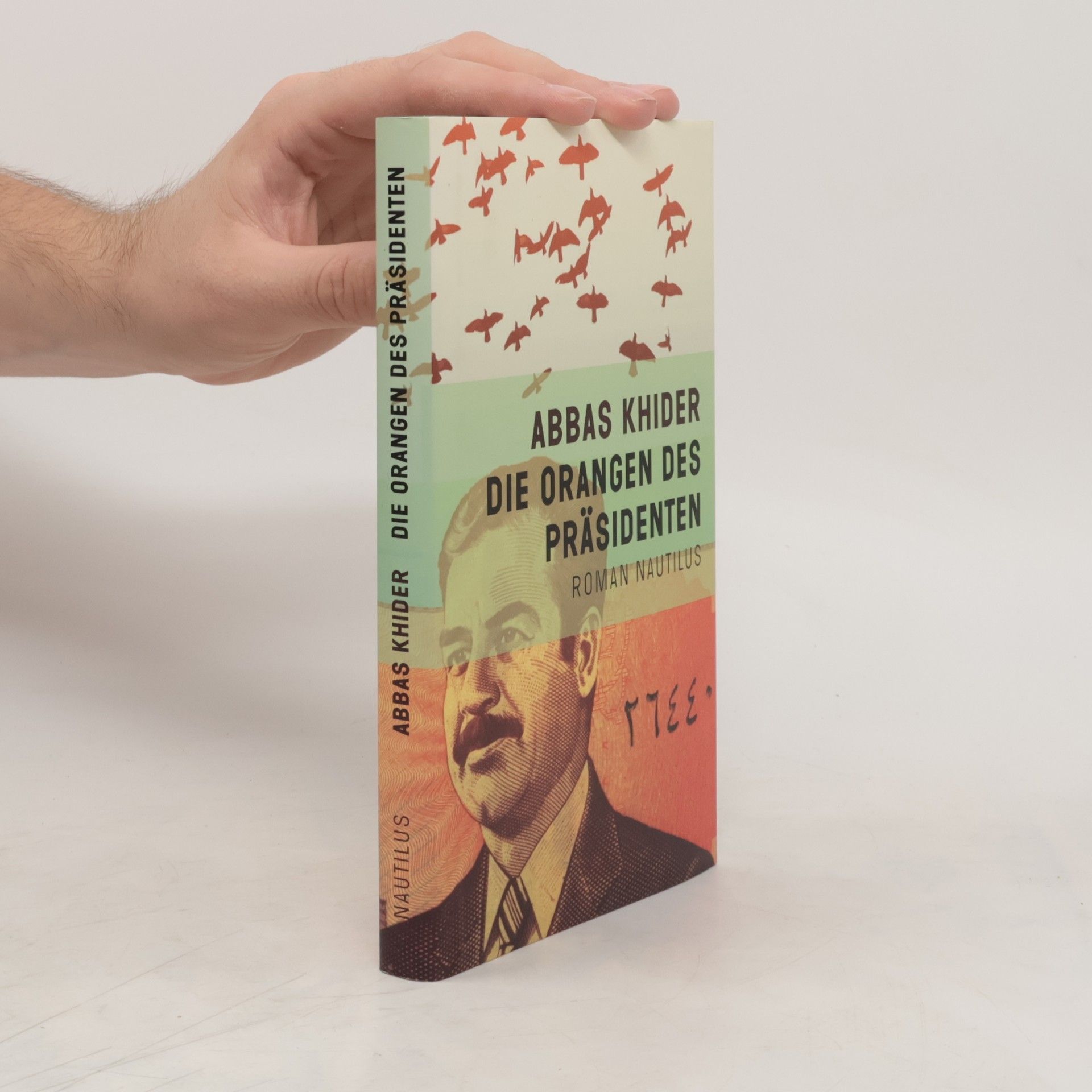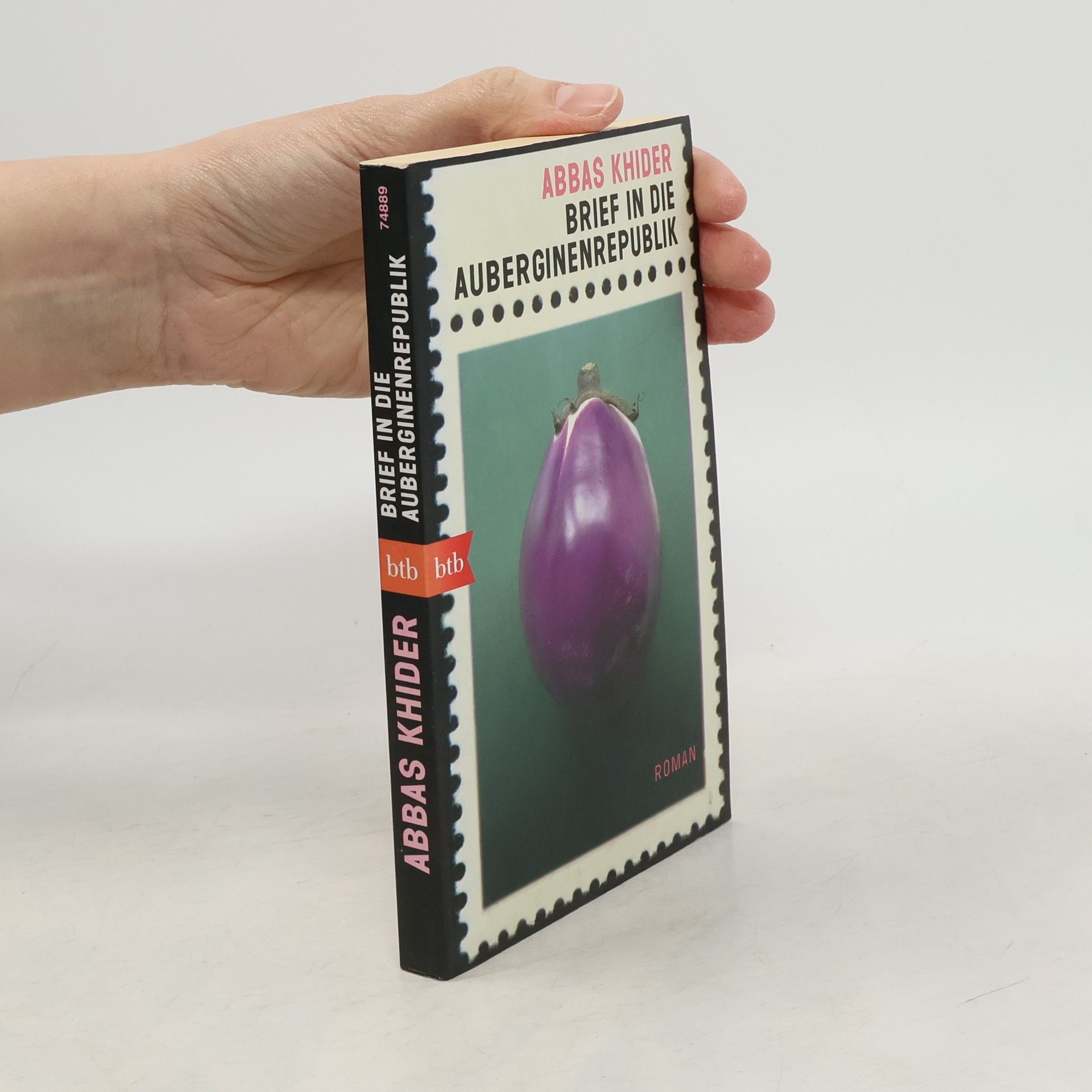A Slap in the Face
- 192 stránek
- 7 hodin čtení
Now in paperback, the touching, timely story of an Iraqi refugee in Germany. In our era of mass migration, much of it driven by war and its aftermath, A Slap in the Face could not be more timely. It tells the story of Karim, an Iraqi refugee living in Germany whose right to asylum has been revoked in the wake of Saddam Hussein's defeat. But Hussein wasn't the only reason Karim left, and as Abbas Khider unfolds his story, we learn both the secret struggles he faced in his homeland and the battles with prejudice, distrust, poverty, and bureaucracy he has to endure in his attempts to make a new life in Germany. As he erupts in frustration at his caseworker, and finally forces her to listen to his story, we get an account of a contemporary life upended by politics and violence, told with a warmth and humor that, while surprising us, does nothing to lessen the outrages Karim describes.







